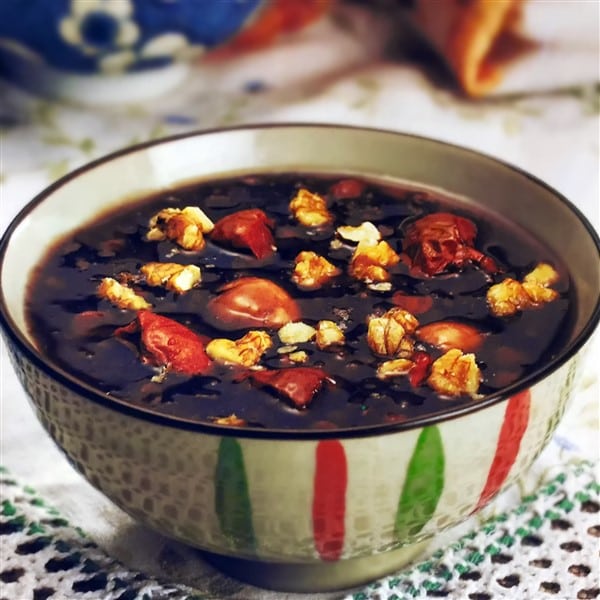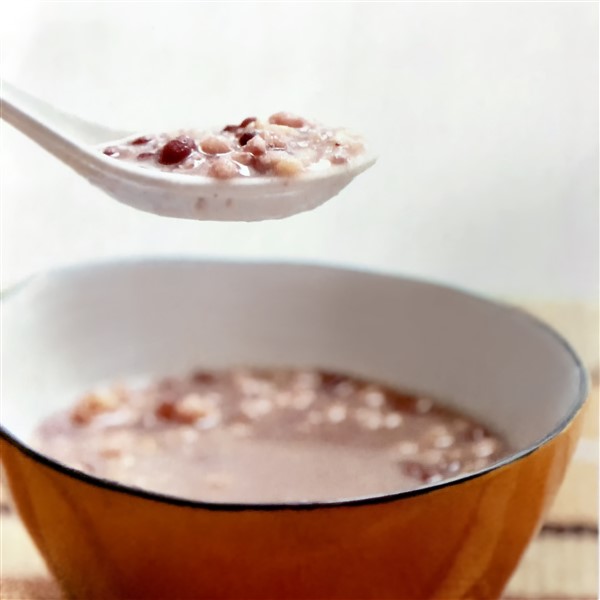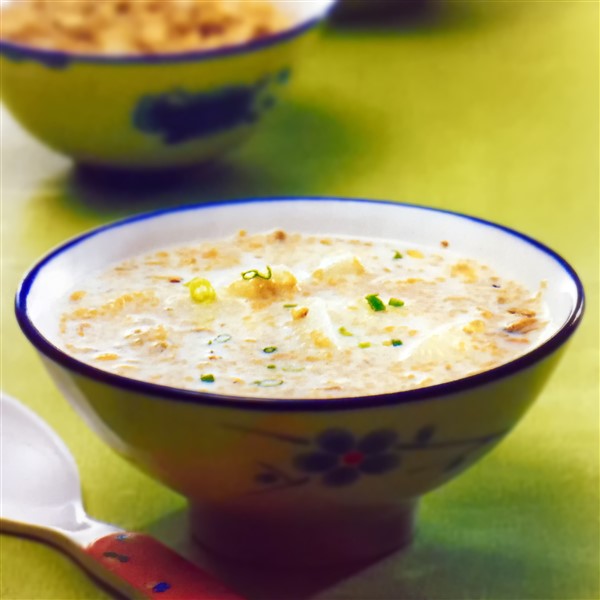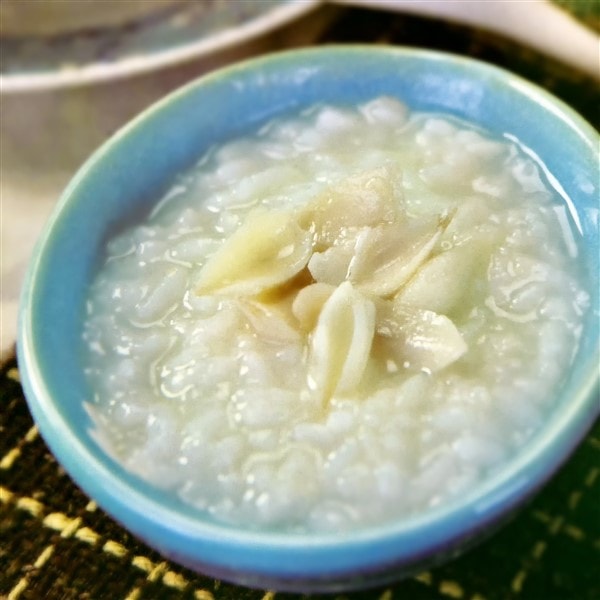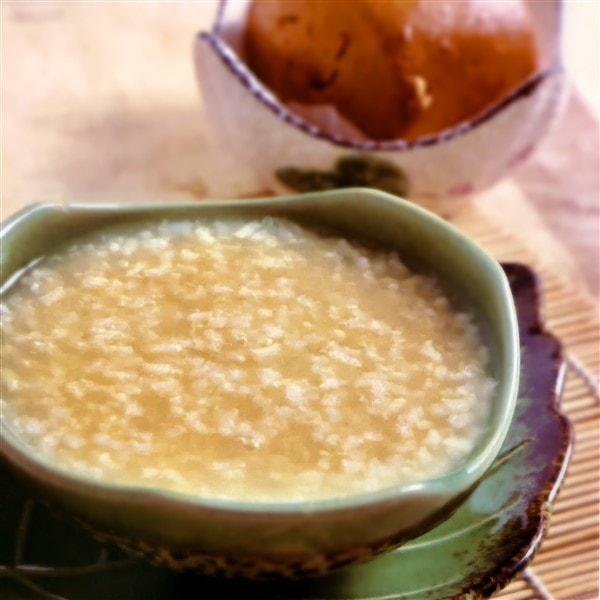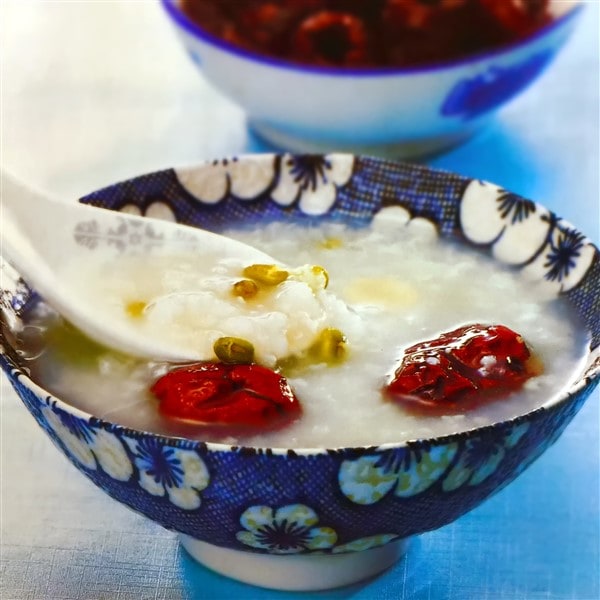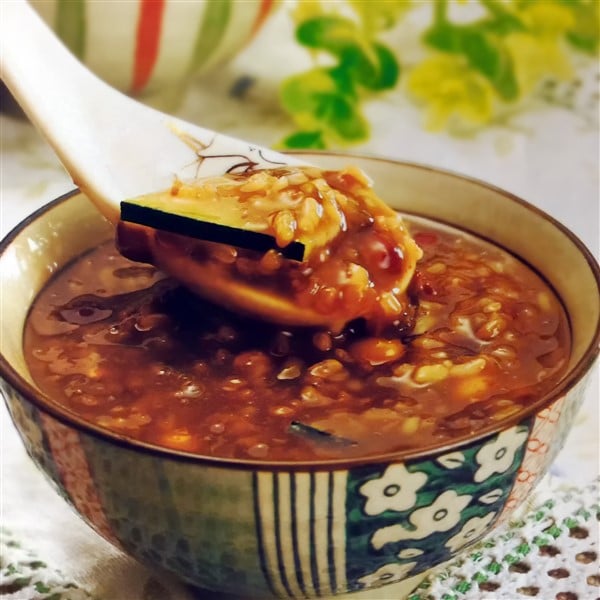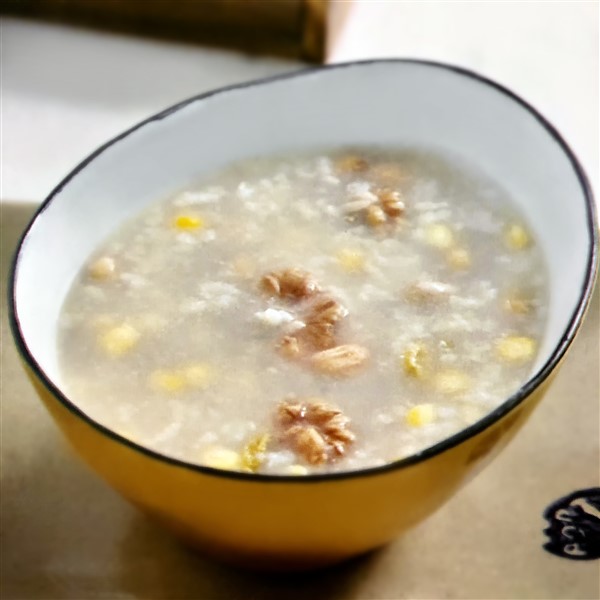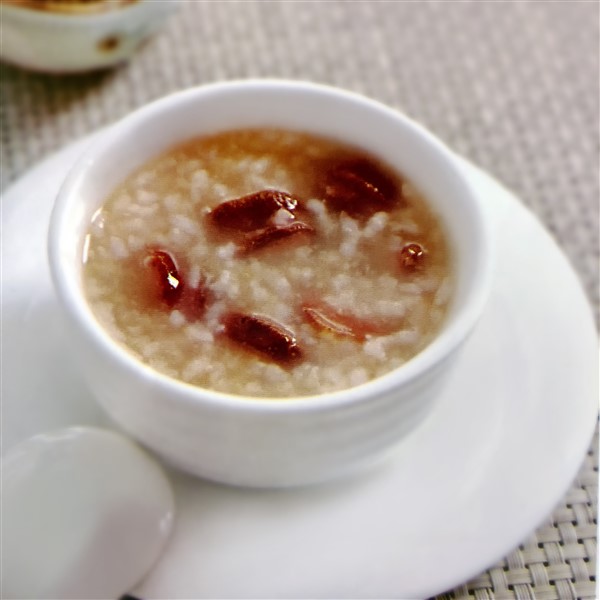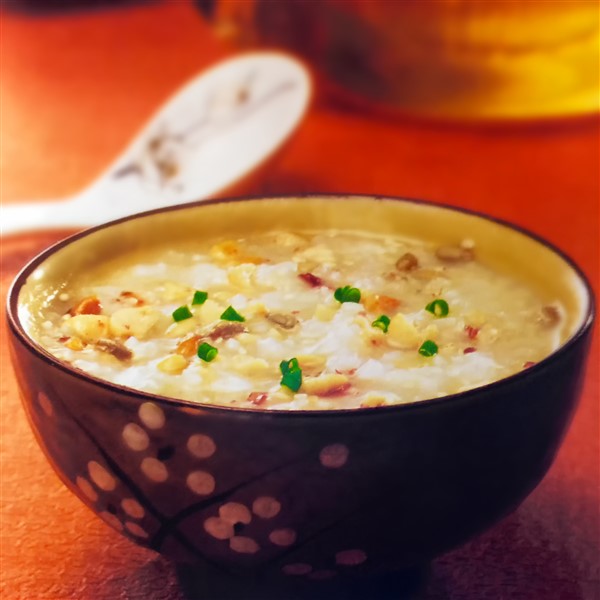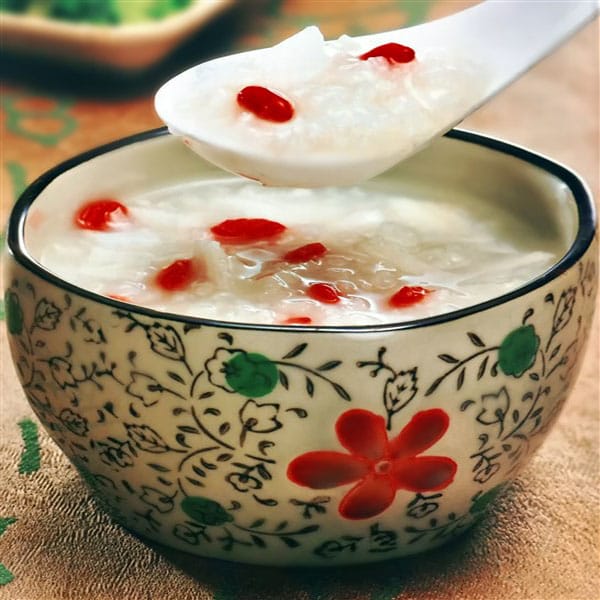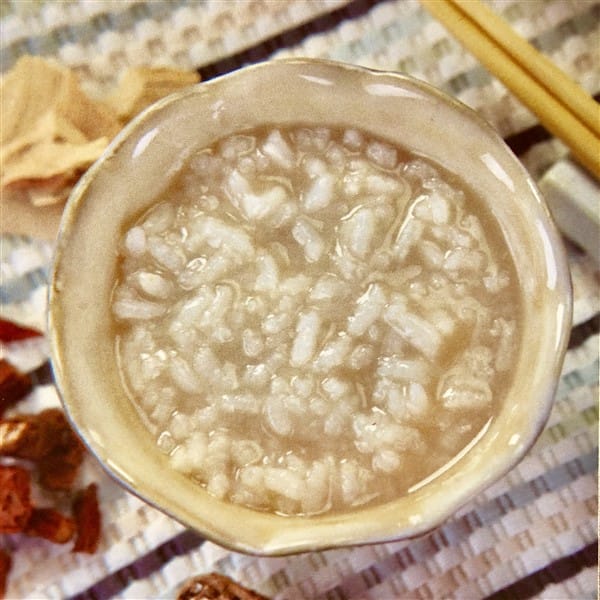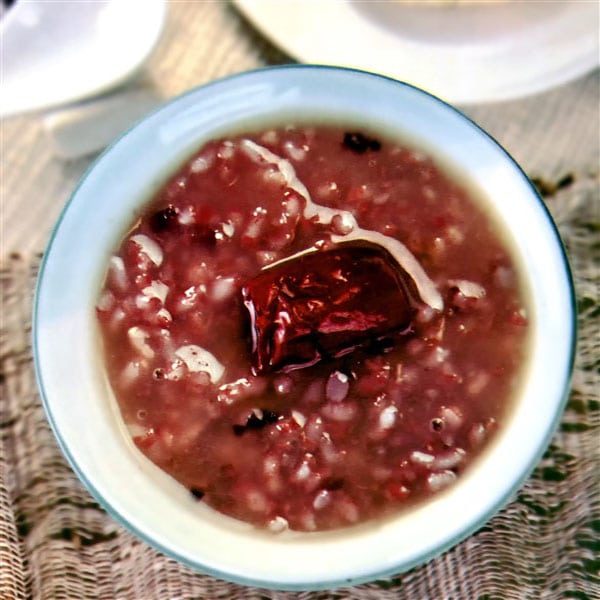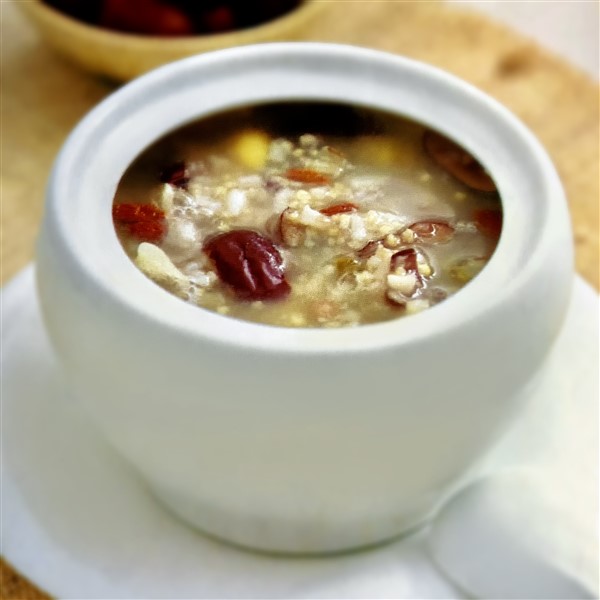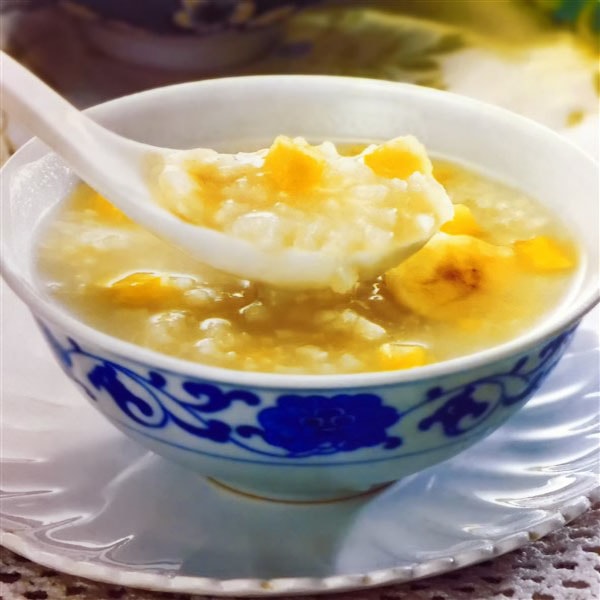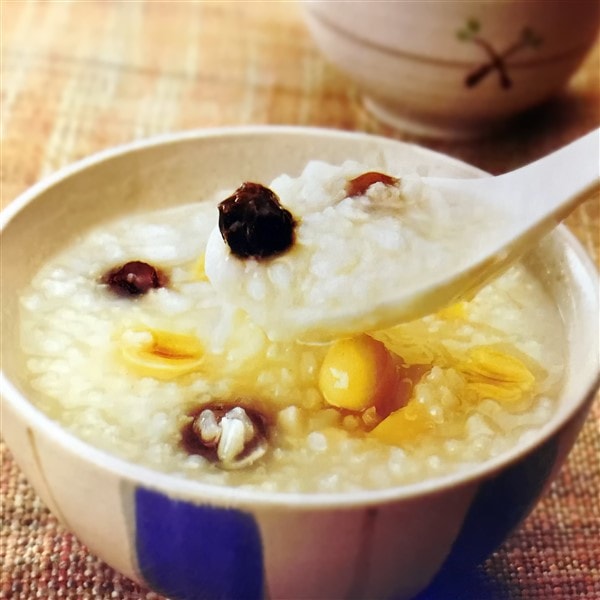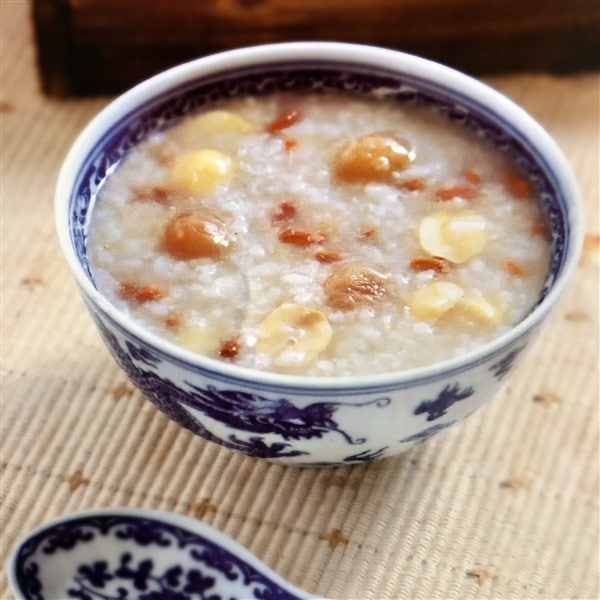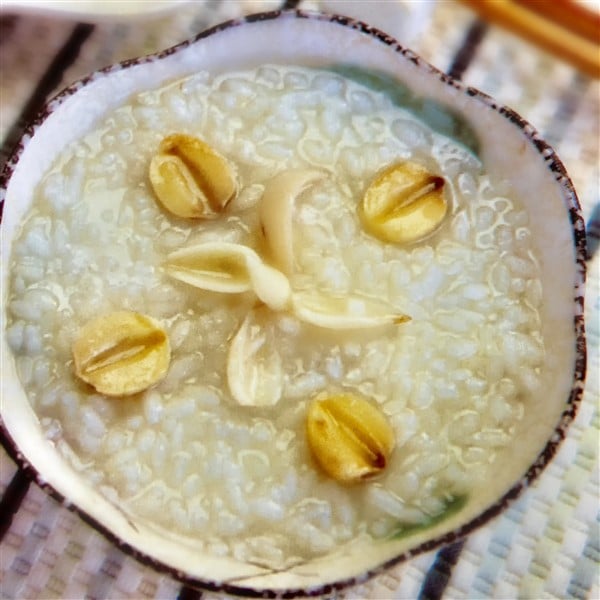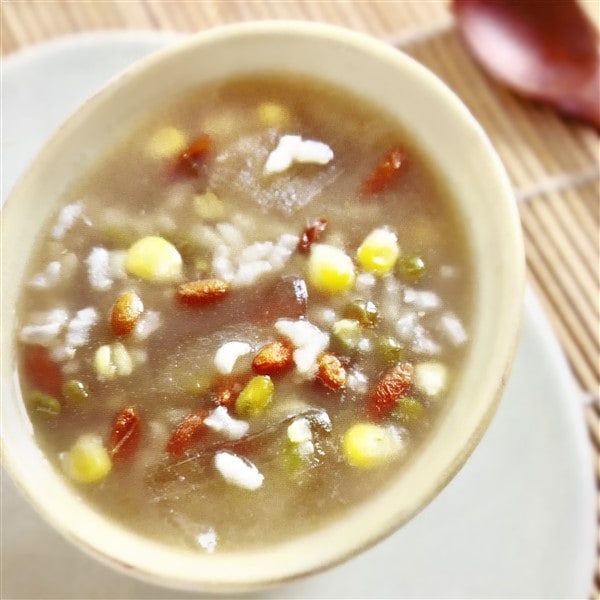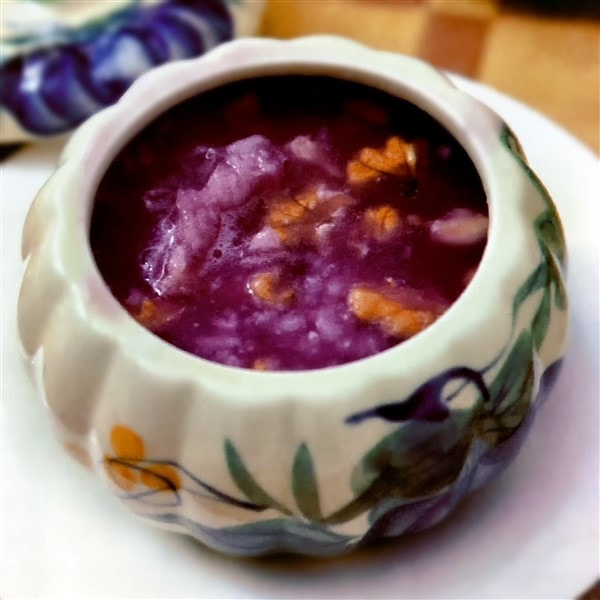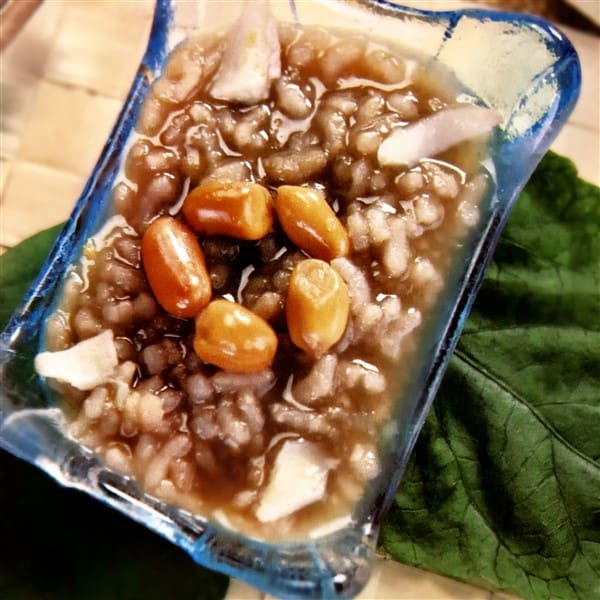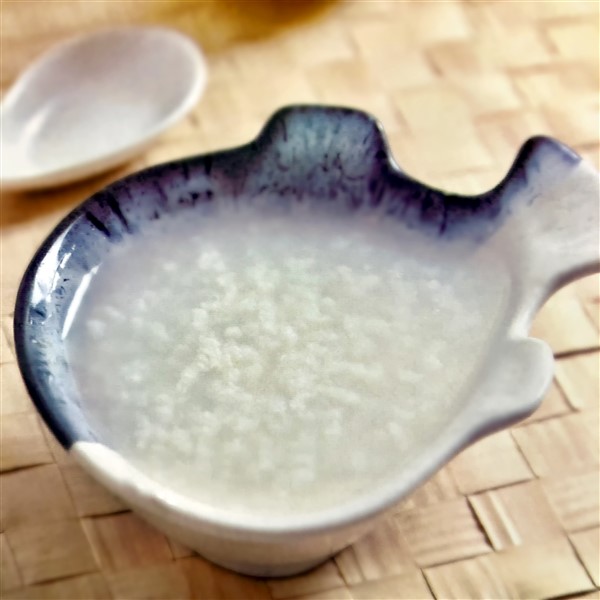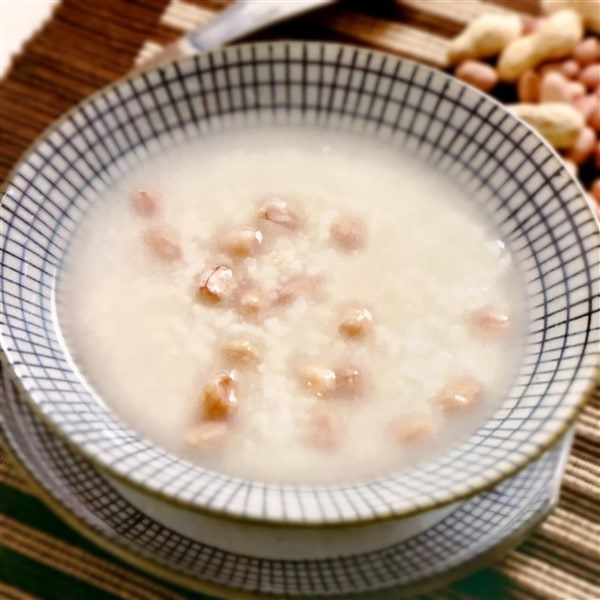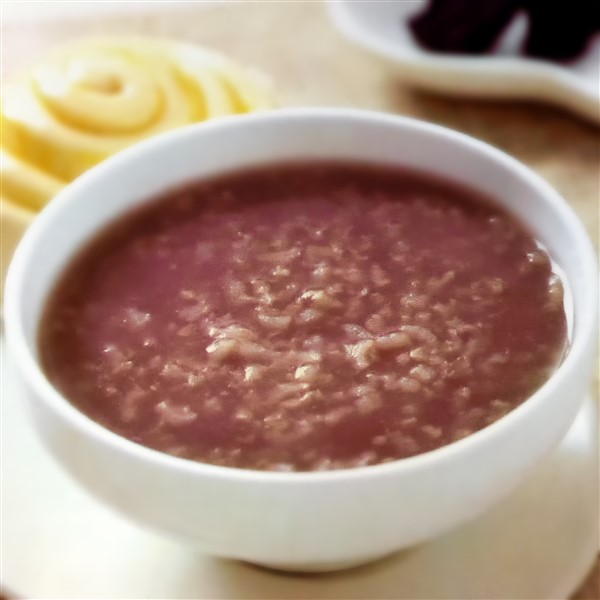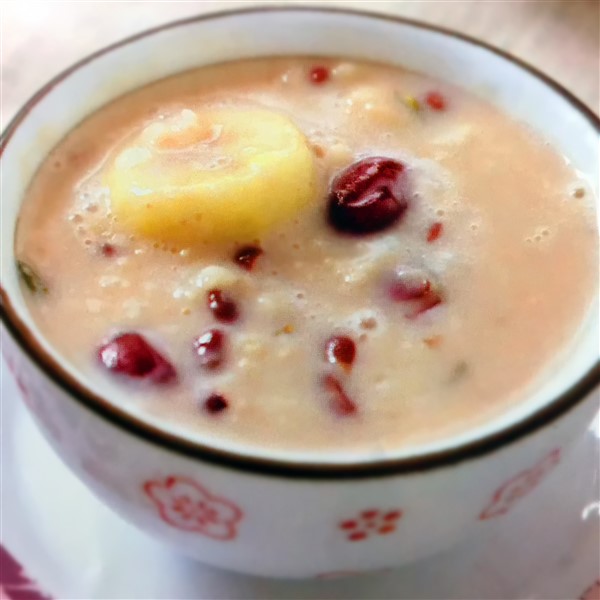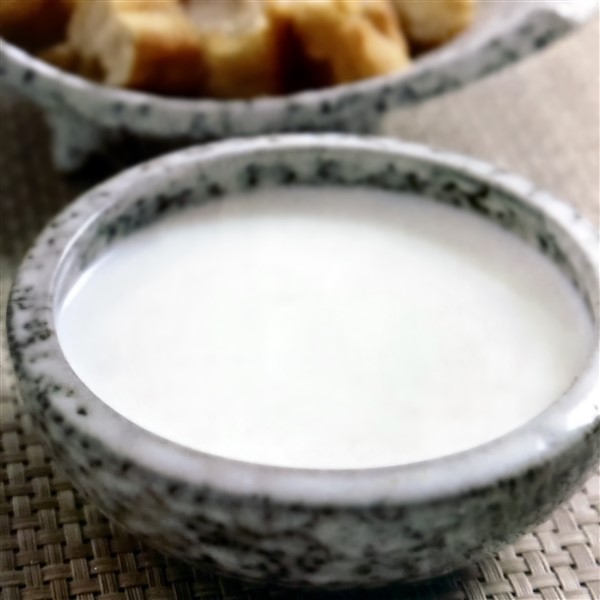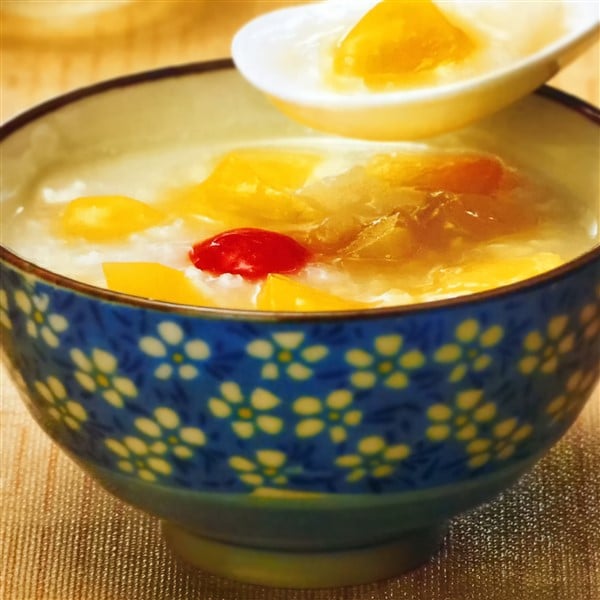Sweet Vegetarian Congee
Congee is one of the most nutritious foods there is, and it is the breakfast choice for many families in China. Served with a small dish of vegetables and a steamed bun, it makes for one hot, healthy breakfast meal. But having just plain congee day after day can get boring. In that case, why not try some light and healthy sweet congee to make your breakfast or post-meal snack more nutritious? What's more, the 28 sweet congee recipes we've collected here are all vegetarian. This gives our non-meat-eating friends even more delicious food options.
Vegetarianism in Buddhism
Chinese Buddhism has had a significant influence on vegetarianism in China. And many vegetarian restaurants and vegetarian congee dishes have their roots in Buddhism. When one brings up the hundreds of Cantonese sweet vegetarian congee dishes there are, it is impossible to not also mention vegetarianism in Chinese Buddhism.
Emperor Wu of Liang Started It All
Originally, Buddhists ate meat as well. The push for vegetarianism came from Emperor Wu of Liang of the Southern Dynasties period (420-589 CE). According to legend, Emperor Wu of Liang read the Laṅkāvatāra Sūtra, which asserted, "The Buddha is full of compassion and mercy, and thus cannot bear to eat the flesh of living things". He was moved by the text, and vowed to become a vegetarian. Emperor Wu of Liang was a major upholder of Buddhist doctrine in China who used his position as Emperor to promote vegetarianism, so soon his influence had spread among the monks of the land. The movement was a great success; not only did monks begin abstaining from meat, but even casual Buddhists did as well. Thus, one of the defining characteristics of Chinese Buddhism – vegetarianism – was born. Though Buddhism flourished in other countries, there were no movements to promote vegetarianism in those places. They, instead, upheld the earlier Buddhist teachings that followers could eat the three or five types of "pure meat".
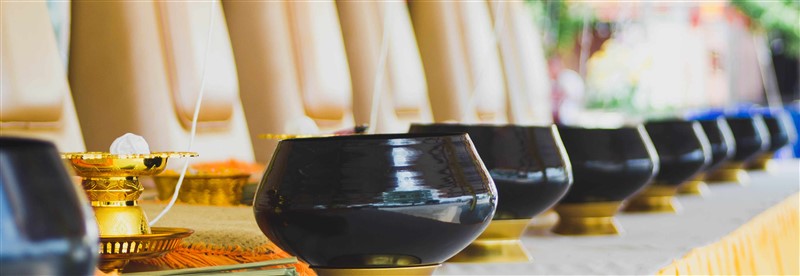
Three Pure Meats and Five Pure Meats
The Buddhist concept of "three pure meats" means that a monk may eat meat if they did not see the animal butchered, did not hear the animal butchered, and if the animal was not butchered for the monk to eat specifically.
The "five pure meats" adds two further restrictions: one may only eat the meat of animals that died naturally, or remnants from birds. Natural death includes dying from old age, and excludes being butchered for its meat. "Remnants from birds" includes the scavenged remains of animals which have been killed by wild predators and birds.
You may also like:
